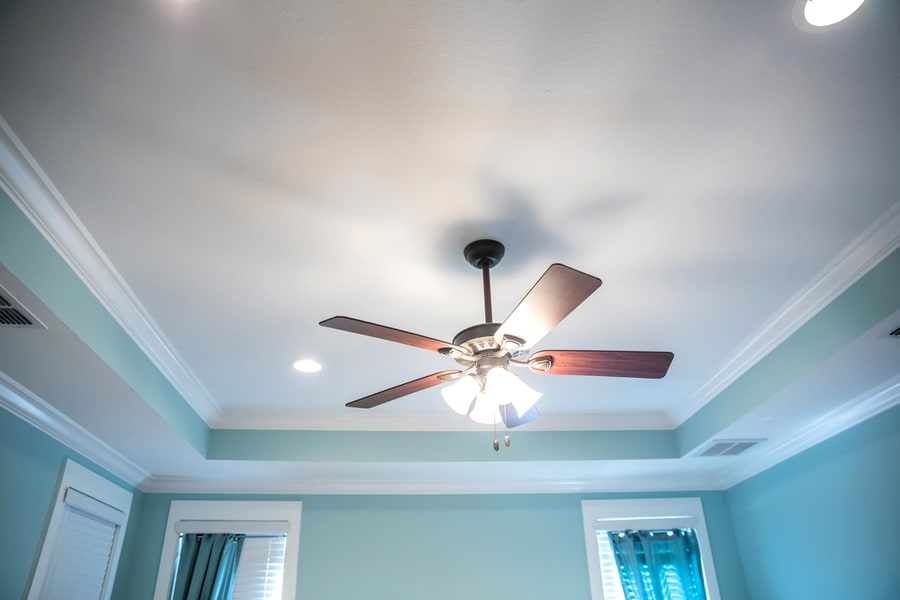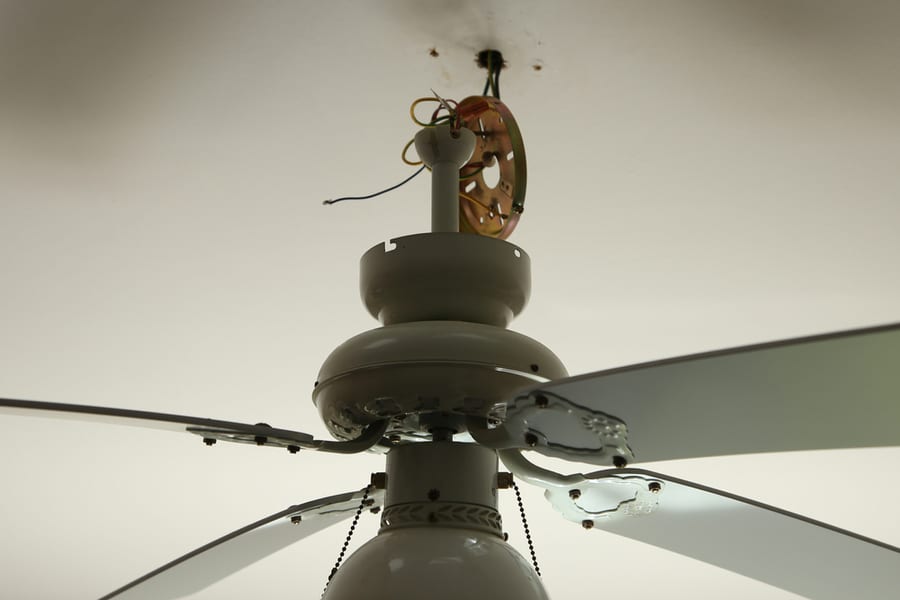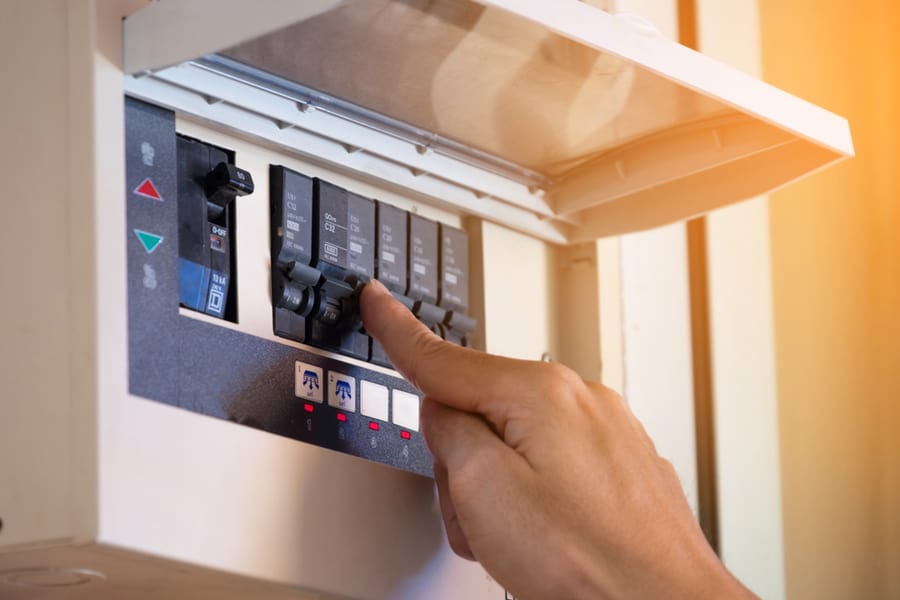
The first few times that your ceiling fan light turned off by itself, there might have been a creeping feeling of fear. But now that it happens constantly, it isn’t very pleasant.
As with most electronics, your ceiling fan light shouldn’t turn off without human control, so why does it? Here are some explanations.
- Ceiling fan lights shouldn’t turn off if they function properly.
- Wiring problems, improper bulb wattage, and circuit overloading are possible reasons a ceiling fan light refuses to stay turned on.
- If you’re using smart bulbs for your ceiling fan light fixture, see that you haven’t set any schedules.
- Call a professional for more serious problems that could require the expertise of an electrician.
Your ceiling fan light, controlled by a switch on the wall, a pull chain, or a remote control, shouldn’t turn off without your intervention.
Before you turn to an electrician to fix the problem, here are some potential explanations that could save you professional fees.
Reasons Why Your Ceiling Fan Light Keeps Turning Off
1. Faulty Wiring Connections

This is especially true for ceiling fan lights that are controlled by a switch on a wall. Faulty connections can cause breaks in the transmission of an electrical current.
Your ceiling fan lights might lose power even as they’re turned on. They could also flicker erratically.
2. Overloaded Circuit

If you turn on the lights, and then suddenly they shut off, make sure it is not tripping the circuit breaker. Sometimes, light is all it takes to overload a circuit.
If that’s the case, you may have to turn off and unplug other electronics from the circuit before you turn on the light.
3. Bulb Issues

Is the bulb screwed in all the way? Is it the right wattage for the fixture? These minor issues could lead to your ceiling fan light constantly having to turn off.
Check the bulb to see if it’s properly installed. You might also want to inspect the wattage. Plugging in a bulb that’s a higher wattage than the outlet will allow might cause it to overload and burn out when turned on.
4. Smart Bulb Settings

You might want to check your smart home application if you’re using one of those newer smart bulbs.
These bulbs allow you to set schedules and timers for all of your smart fixtures and electronics, including bulbs. So, for example, you haven’t accidentally set a schedule for your ceiling fan lights.
Call an Electrician. Some malfunctions and errors require more than changing bulbs and unplugging other electronics.
If your ceiling fan light keeps turning off for no apparent reason, see to it that you call a professional as soon as possible.
Summary
Your ceiling fan light should not just turn off anytime it wants to. An obvious sign of malfunction, a ceiling fan light that turns off without warning points to a potential problem with your fixture.
While some of the underlying causes require nothing more than a change of bulb, other more serious issues could call for the expertise of an Electrician.
Frequently Asked Questions
Why Is My Ceiling Fan Light Flickering?
Many things could cause your ceiling fan lights (and lights in general) to flicker. These include the following:
- Voltage fluctuations
- Wrong bulb wattage
- Dying bulb
- Electrical wiring problems
Why Is My Ceiling Fan Light Not Working?
If the light doesn’t work, ensure the bulb is not burnt out and securely screwed into the receptacle. You’ll also want to see that it’s the right wattage for the fixture.












